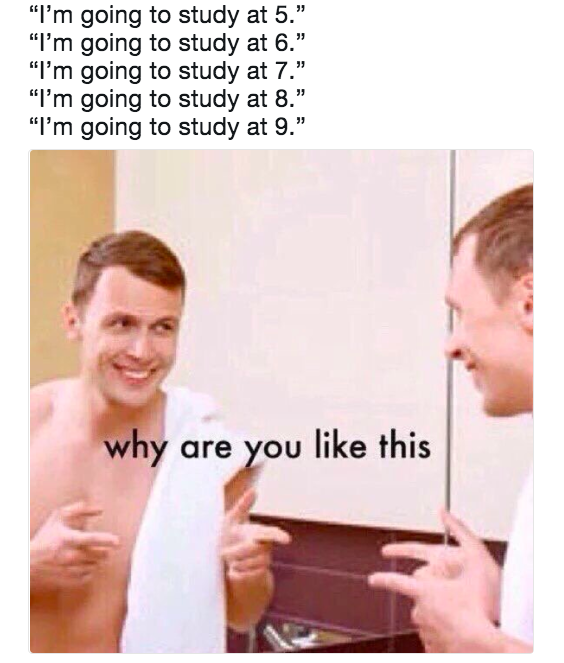Feeling tired, hard to concentrate, or just simply sleepy when it comes to studying? You’re definitely not alone.
We all have had those days where our brains feels numb and drained, only to remember that we still have more studying to do. Joy.
So here are 14 tried-and-tested, practical yet sustainable ways on how to focus when studying, no matter how tired you feel.
Contents
Setting up the right environment is your first step to effective study sessions.
The type of light matters. Studying in a room with natural light sources (e.g. near a window) does wonders on keeping you focused and alert, even in the afternoon. Studies have shown that people that had exposure to day light (vs. artificial light) in the day tend to stay alert for longer in the evening.
For night time studying, make sure your environment is sufficiently bright, and don’t just rely on one lone light source, if possible.
Getting too comfortable is a recipe for drowsiness, not something you want when learning new concepts!
Here are a couple of easy ways to minimize that:
 While it isn’t necessary to wear suits or office clothing, it is harder to fall asleep in them vs. your comfy sleeping attires.
While it isn’t necessary to wear suits or office clothing, it is harder to fall asleep in them vs. your comfy sleeping attires. Eliminate digital distractions:
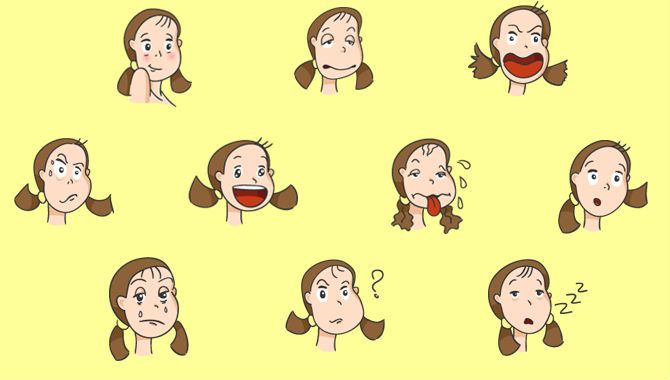
Remove yourself from potential family-related distractions, if you can:
Studying in a group can be a double-edged sword, as it can quickly descend into a chatting session with zero productivity.
That said, studying with another person with the same goal could be useful for motivation and keeping each other going, just like a gym buddy.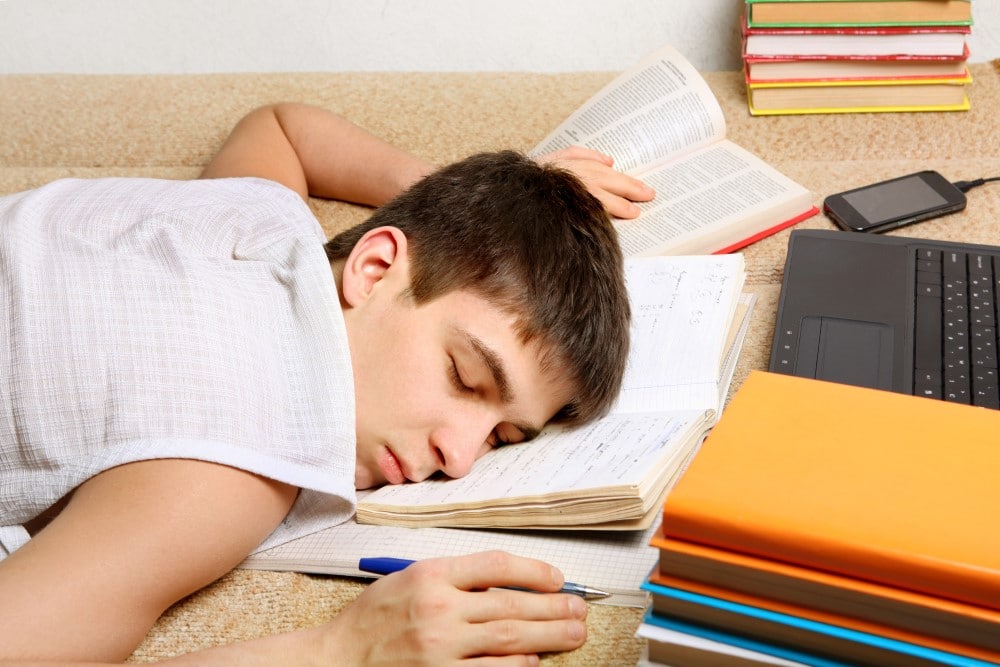
It can be tough to find the right study partner, but if you do find one, it can work wonders on your concentration to see someone else working as hard to achieve their goals. Make sure you continue to evaluate your ability to focus if you decide to join a group.
A common mistake people make is to think that drinking coffee helps perk them up to keep working. It doesn’t.
It gives you that very short term one-off boost and sends your productivity crashing later: not a great long term solution. Water is what your body really needs when you’re tired, as dehydration forces your body to work harder, gives you pounding headaches and increases your mental exhaustion.
So drink up! You’d be surprised how little you drink only when you try to match up to the daily 1.5-2 litre recommendation. I find the easiest way to implement this is to have a large bottle near me full of water that I sip as the day goes along whenever I feel like a break for a minute or two.
While you’re at it, washing your face, brushing your teeth or having a quick shower will work wonders in refreshing you from your sleepy state, so you can keep going. Plus they are completely natural and good for you too!
By now you’d have known that we’re huge proponents of eating proper food for best performance.
Avoid highly processed food such as sugary cereals, sodas and instant noodles. Remember not to have heavy meals before studying, it’s a recipe for sleepiness!
Fuel your body and mind with natural, nutritious food balanced with protein, carbohydrates, vegetables and healthy fats for sustained energy throughout the day. You are what you eat.
Pro tip: remember to bring along revision friendly healthy snacks (e.g. apple, granola bar, unsalted nuts, water etc) so you can keep your brain energy levels steady and maintain focus.
Study when you’re most alert: Our bodies run on roughly a 24-hour internal clock called circadian rhythm, which regulates feelings of sleepiness and wakefulness over a 24-hour period. On average, most of us show the following pattern in energy levels (with a few exceptions):
On average, most of us show the following pattern in energy levels (with a few exceptions):
Therefore, for most of us, if you’re studying in weekdays with a full time job, it may makes sense to get up earlier to get 1-2 hours of studying done before heading to work.
For night time study, exercise moderately for 10 min beforehand: This refreshes the body and mind so you can stay focused for the next few hours. Yet, it doesn’t over stimulate you such that it affects your night time sleep. Time to whip out those dusty kettle bells, perhaps? Or simple jumping jacks will do. Not a 30 min run though.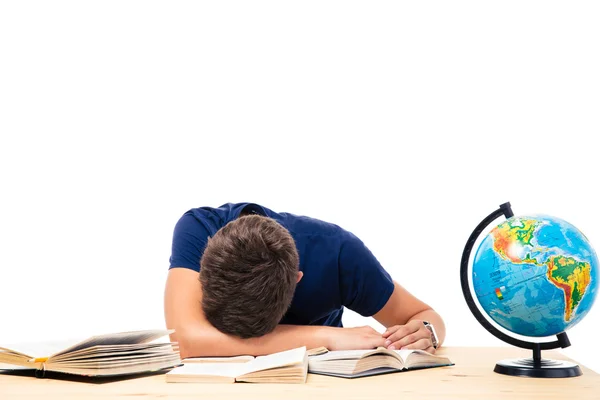
Remember to take regular study breaks: Specifically a 10-15 min break after a 45-50 min study cycle. Many studies have shown that productivity increases when students take frequent breaks. It keeps you motivated and have something to look forward to, while giving your brain a quick rest. Go for a walk (see #8), do some chores, have a snack, or just to chill out and listen to music for a bit – take your pick.
Getting some fresh air and sunlight outside will make you feel more energetic and less moody.
The benefits of a walk goes beyond simply being more effective at studying. Walking for 30 minutes a day is equivalent to taking a “magic pill” that combats ageing, relieves depression and prevents early death.
It also improves the ability to think and reason, increases energy levels and reduces fatigue.
It sounds counterintuitive, but exercising actually boosts energy and focus. Instead of sitting there forcing yourself to work/study more when you know your focus isn’t there, take a little break by during some stretching and light exercises by your desk for 10 minutes – it’s all about studying efficiently anyway.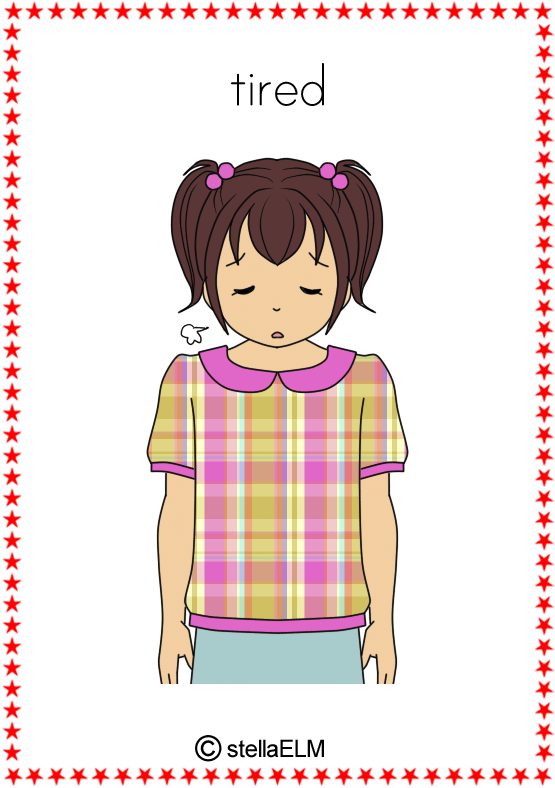 A great plus about exercise is that they help you sleep better too.
A great plus about exercise is that they help you sleep better too.
Studies have shown that chewing gum while studying or during exam improves your memory and concentration.
Now that’s way better than using stimulants like coffee, with no negative impact on your sleep quality and keeps your internal body clock in check (see #7). And mind you, I’m saying this as someone who enjoys coffee, a lot (see #8).
Coffee (or any other caffeinated drinks) can be extremely effective if used sporadically, not a daily habit.
Too much caffeine has long term negative impacts: More than 400mg, or 4 cups of brewed coffee a day is likely to cause insomnia, inability to focus, increased anxiety, headaches and fatigue that can disrupt your body’s natural circadian rhythm (see #7).
Limit caffeine to mornings only, if you must have them daily: This ensures that the caffeine has sufficient time to go through your body and not impact your sleep quality at night.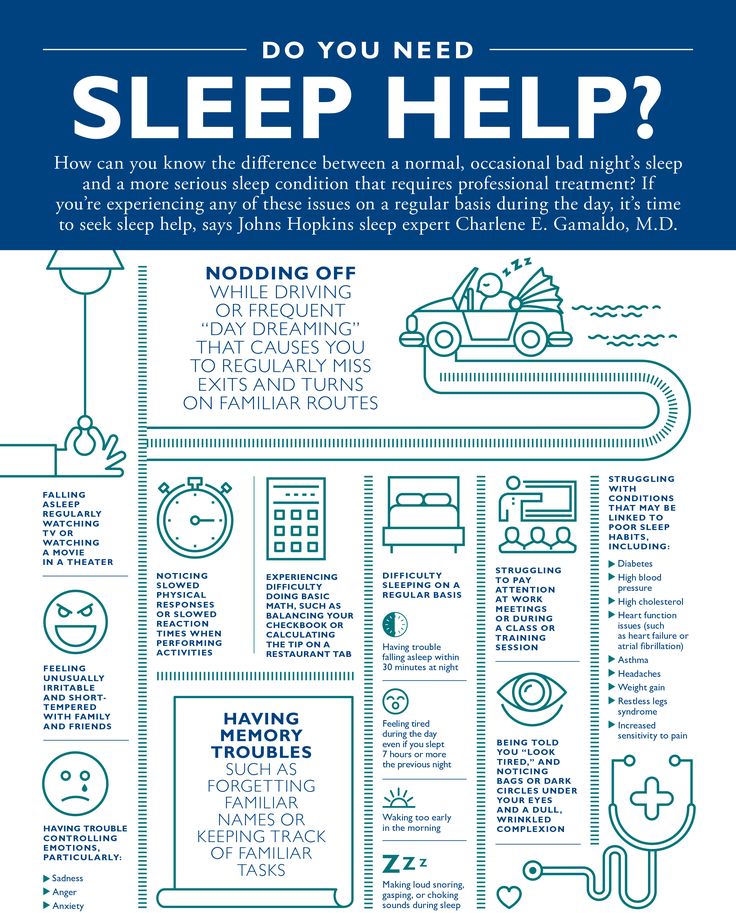
Avoid energy drinks (and alcohol) for studying: Energy drinks have increasingly become a source of caffeine overdoses. Too much of these stimulants and chemicals can cause dependence, dehydration, insomnia, heart palpitations and/or an increased heart rate. I think the reasons for alcohol are more obvious 🙂
When you’re feeling tired, and nothing has been entering your brain for the last 15 minutes, it may be worth switching to an easier task or topic to keep the studying momentum going.
With an easier topic to absorb, this maintain your productivity and keeps you on track with your study plan. Save the trickier chapter for next morning, when you should naturally be at your peak level of concentration.
I am a big advocate of power napping, specifically 20-30 minutes at maximum. It is my secret productivity weapon. I used this technique frequently after lunch when studying for the CFA exams on the weekend, in addition to a full time job.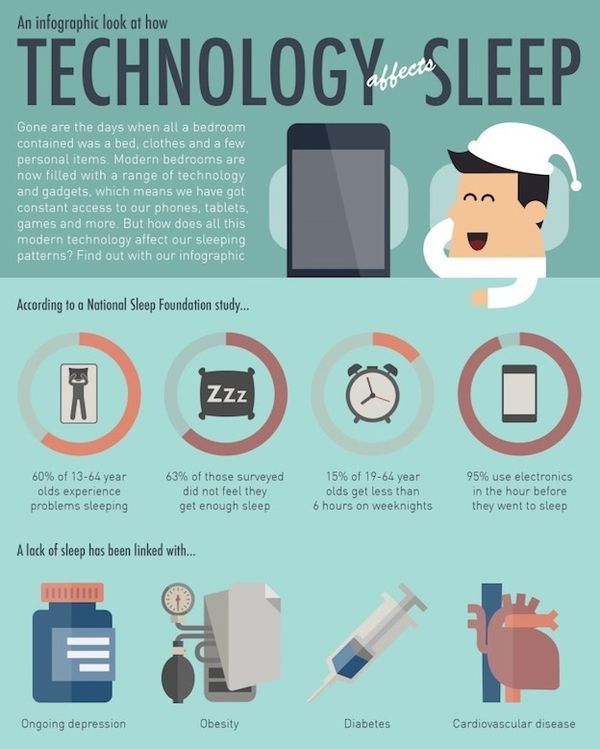 I feel completely refreshed and ready to go for a minimum time investment – much better than caffeine, in my view.
I feel completely refreshed and ready to go for a minimum time investment – much better than caffeine, in my view.
This observation is supported by many studies that have found that power naps boost memory, cognitive skills, creativity, and energy level. You’ll need to practice this, as you may find yourself a little groggy and wanting more sleep the first few times.
It’s not worth it. No matter what.
Studies have shown that the effects of lack of sleep have been compared to being as dangerous as drinking alcohol. Sleep deprivation is just bad for you and definitely not sustainable.
Nor is it effective in the long run, as it will take you at least more than 1 day to feel normal again (messing up your internal body clock, remember?). That math alone tells you it’s a bad decision.
The amount of sleep each of us needs varies, but age is a big factor. As a general guide, adults aged 18-64 generally need 7-9 hours according to National Sleep Foundation.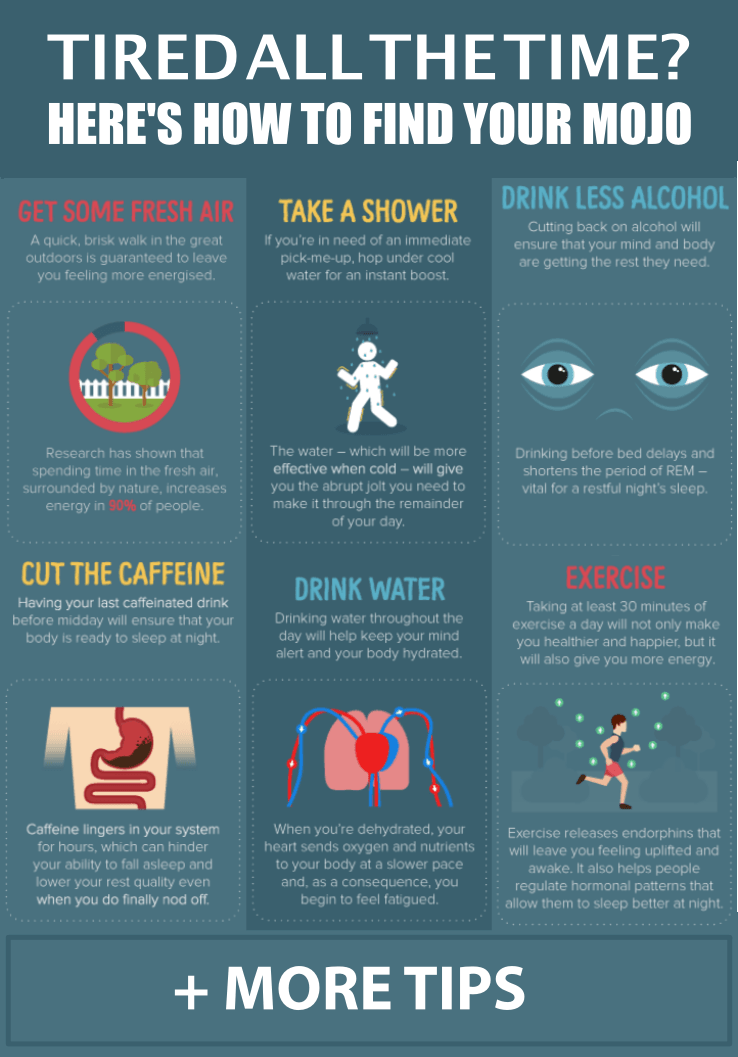
If you’ve tried out all the previous 13 tips and strategies in vain to improve your study focus and stay awake, it may be time to question whether you have had enough sleep in the first place. If you do have 7 hours sleep and still feel exhausted, it’s time to audit your sleep quality and how you can sleep better.
Like good diet and exercise (see #6 and #8), sleep is a critical component to overall health. It’s worth evaluating the bigger picture and craft a sustainable long term approach to your studies to improve your chances of success.
And that starts by taking care of yourself.
Which strategy do you find most effective in increasing your study focus? Do you have more tips to add? Share with us in the comments below!
Meanwhile, you may find these related articles useful:
Studying isn’t always stimulating — especially after a long day in class or at work, when your brain feels ready to shut down.
If simply staying awake while studying seems harder than quantum physics, try one of the following nine strategies to help you be alert and focused.
Movement is a well-documented energy booster. In addition to helping you stay awake, it may also help relieve exam-time stress and improve your ability to actually remember what you study.
A 2018 study of students of all ages — ranging from elementary school to college — found that 10 minutes of walking outdoors significantly improved students’ performance with memory, feature detection, and mathematical problem-solving tasks.
Aim to take a short break every 30 to 50 minutes to walk, dance, or do a few jumping jacks.
Our bodies are attuned to respond to environmental signals such as light and darkness. While the relationship between light and sleep is indirect — it’s possible to fall asleep in a well-lit room or to stay awake in darkness — light is a cue that can help promote wakefulness.
According to a 2017 study of zebrafish, this tendency may come down to a protein that’s activated when we’re exposed to light.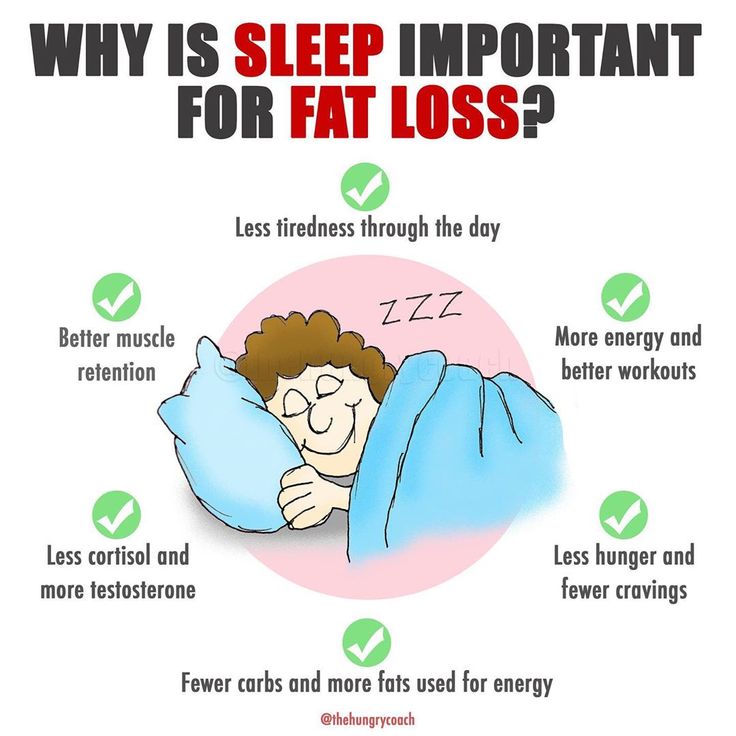
When it comes to studying, try to mimic a daytime environment with plenty of light. If it’s dark outside, a single lamp or overhead light might not be enough to keep you alert.
It might be tempting to get comfortable while studying, but it won’t help you stay awake.
Lying down is associated with increased activity in the parasympathetic nervous system, known for its role in functions such as “rest and digest.”
In contrast, sitting upright is associated with sympathetic nervous system activity. The sympathetic nervous system controls functions such as alertness.
A 2014 study analyzed whether sitting upright or lying down affected performance on a test of working memory.
The authors reported that when participants were lying down for the test, their self-reported sleep quality negatively affected their performance. Sleep quality didn’t affect performance when participants were sitting upright.
How does this relate to studying? If you’re feeling tired, sitting up may help you stay focused and alert.
You may also want to try standing up instead of sitting while you’re studying. Standing and moving around from time to time may help boost your blood circulation. This, in turn, may prevent you from getting sleepy.
If you live in a dorm room or shared apartment, the most convenient place to study might also happen to be the place where you usually sleep.
But it’s best to avoid studying in any place that you associate with sleep, which could leave you feeling drowsy.
When possible, study somewhere else, such as a library, coffee shop, or a dedicated, well-lit area of your home away from your bedroom.
By keeping studying and sleep areas separate, you’ll also be making it easier to turn off your brain when it’s time to go to bed.
Fatigue or sleepiness is sometimes a sign of dehydration. But dehydration won’t just drain your energy — it may also disrupt cognitive functions, making studying difficult.
A 2010 review examined dehydration, including its effects on brain function. The authors reported that mild to moderate levels of dehydration might impair short-term memory, concentration, mathematical ability, alertness, and perception.
The authors reported that mild to moderate levels of dehydration might impair short-term memory, concentration, mathematical ability, alertness, and perception.
To ensure that you don’t doze off while studying, stay hydrated throughout the day. This is especially important if you’re physically active or live in a warm climate.
While how much you should drink varies from person to person, aim for around half a gallon per day.
What and how much you eat affects your energy levels.
While it may be tempting to treat yourself while studying, it won’t help you stay awake. Sugary snacks and junk food can make your blood sugar spike and then crash, leaving you feeling sluggish.
On the other hand, if you forget to eat or eat too much, you might find yourself dozing off.
Instead, aim for a diet of small but frequent meals. Make sure each meal contains protein, a complex carbohydrate, and a source of healthy fat. Some examples include:
Reading and rereading class notes or a textbook might not be enough to keep you awake, let alone absorb information.
Keep yourself awake — and get the most out of your study sessions — by using active study techniques. To do this, try one or more of the following:
Avoid nodding off by talking through the material with a classmate, friend, or study group.
Not only is social studying more motivating and stimulating, it can also offer new perspectives and interpretations of class materials. Ask someone to explain a confusing concept to you, or solidify your own understanding by teaching the material to a peer.
If you prefer to study individually, you might find that simply studying in the presence of other people makes it easier to avoid falling asleep.
Sleep plays an important role in mood, attention, motivation, and memory — all of which affect learning. It’s no surprise then that poor sleep is associated with poor academic performance.
It’s no surprise then that poor sleep is associated with poor academic performance.
In fact, making sleep a priority — both in the short- and the long-term — might be the most effective way to stay alert when you’re studying.
In a 2019 study, students were presented with detailed factual information over 5 hours. Midway through the 5-hour period, they either took a 1-hour nap, watched a film, or crammed the information. They were tested on the material 30 minutes after the end of the learning period and 1 week after the end of the learning period.
The researchers found that after 30 minutes, students who had either crammed or napped were able to recall the information better than students who had watched a film. However, after 1 week, only the students who had napped maintained better recall of the information.
Make time for naps, and stick to a regular sleep schedule to help make studying easier.
Staying alert and focused can be challenging when you need to study, especially at the end of a long day.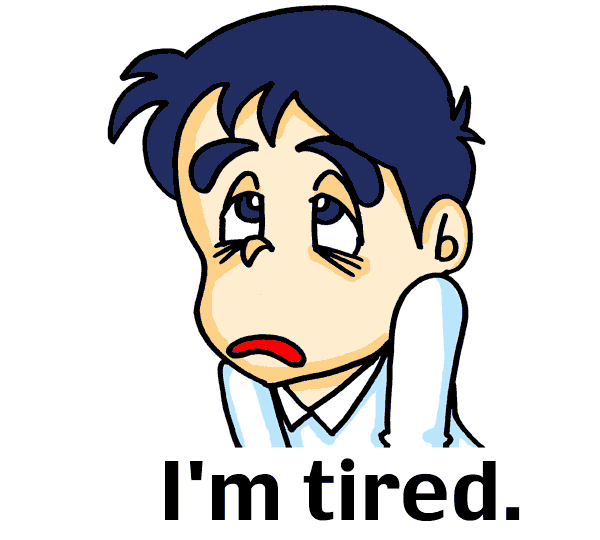 But there are ways to boost your wakefulness and avoid nodding off in the middle of a study session.
But there are ways to boost your wakefulness and avoid nodding off in the middle of a study session.
The key is to adopt healthy habits, like staying hydrated, eating regular balanced meals, getting exercise, and prioritizing your sleep whenever possible.
Other strategies that may help include studying with friends in a well-lit area, avoiding your bedroom, and using active learning techniques.
If the question: "Are you getting enough sleep?" If you answer: “Where?”, then here are some tips on how to organize a good night's rest and make up for chronic sleep deprivation. Agree, it is impossible to effectively cope with work when the strength is at the limit and there is only one thought: to sleep. The good news is that you can learn how to get enough sleep and overcome fatigue! We tell you how.
If someone suddenly forgot, let us remind you: healthy sleep is the key to the successful functioning of the whole organism, including the fruitful work of the brain.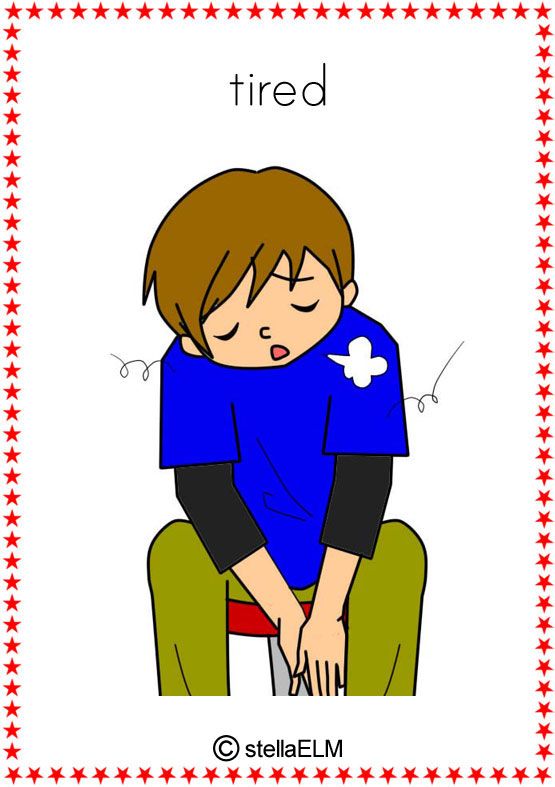 A few good habits will add vigor and improve well-being. Isn't this what teachers, parents, and schoolchildren need so much? And to everyone who lives in this world. nine0005
A few good habits will add vigor and improve well-being. Isn't this what teachers, parents, and schoolchildren need so much? And to everyone who lives in this world. nine0005
Organize the right place to sleep
The bedroom is the basis of rest, so it should be free from everything that can interfere with a restful and healthy sleep. Maintain order and get rid of unnecessary things and garbage.
Control the temperature. Ideal for the bedroom - 18-22 degrees Celsius.
Get as dark as possible. Turn off all electronic devices before going to bed. You can use special sleep masks, for greater effect, you can put a couple of drops of lavender essential oil on your wrists, pillowcase or pajamas. nine0005
Don't skimp on a comfortable bed and mattress. Buy bedding made from lightweight, breathable fabrics and wash it at least every two weeks.
Do not skimp on sleep
The best way to prevent excessive fatigue and lack of sleep is to devote seven to nine hours of sleep a day.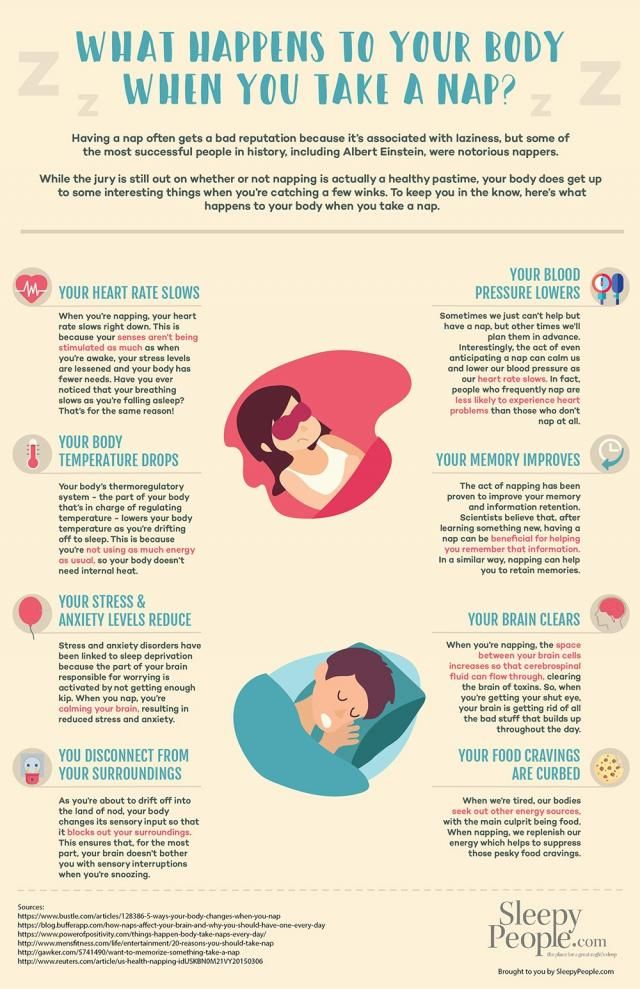 We already foresee sad comments: “But notebooks won’t check themselves!”. They will not check, you are right, but your health is the most important thing that you have, and at the same time your loved ones and, by the way, students. nine0005
We already foresee sad comments: “But notebooks won’t check themselves!”. They will not check, you are right, but your health is the most important thing that you have, and at the same time your loved ones and, by the way, students. nine0005
Keep in mind that it takes between ten and thirty minutes for a person to fall asleep, so set aside at least eight hours of your time for proper rest.
Review your diet
Include foods rich in minerals and vitamins in your diet: carrots, mushrooms, tomatoes, seafood. Some foods will need to be reduced, especially a few hours before bedtime: avoid high-fat foods, avoid coffee and alcoholic beverages. nine0005
A balanced diet with enough protein and complex carbohydrates will not only improve sleep, but also give energy to the body throughout the day. And remember about water - you need to drink at least two liters a day!
Learn to fall asleep faster
Count how many hours of precious sleep you lose while lying in bed with a smartphone in your hands. Here are some tips to help you fall asleep faster:
Here are some tips to help you fall asleep faster:
This will facilitate the preparation of the body for sleep, and will also help to maintain a sleep and wakefulness schedule.
Think about what brings you pleasure, makes you calm and relaxed? A warm bath, a good book, art, yoga, meditation will all lift your spirits and make you feel better. Introduce such leisure into your evening, create your own ritual, and this will help you go to bed in a more calm and relaxed state. nine0005
Don't sleep too much
We all understand that lack of sleep leads to fatigue and irritability. But did you know that sleep can be too much?
But did you know that sleep can be too much?
An adult needs seven to nine hours of sleep, and if you sleep more than nine hours, this may indicate some health problems.
Too much sleep increases the risk of diabetes, obesity, headaches and even depression.
To understand how much time you need to sleep, try organizing yourself a “sleep vacation” (remote work, which some organizations are now switching to, helps us): go to bed at the same time, but get up on your own without an alarm clock. nine0005
After a couple of days, the regime will normalize, and you will be able to understand how much sleep you need in order to feel better.
Sleep during the day
If you are tired, there is nothing wrong with taking a nap during the day. Taking a nap at lunchtime will save you evening hours that you can devote to your hobby. Many experts recommend a short daytime nap (no more than thirty minutes) so that it does not affect the duration of the night's rest.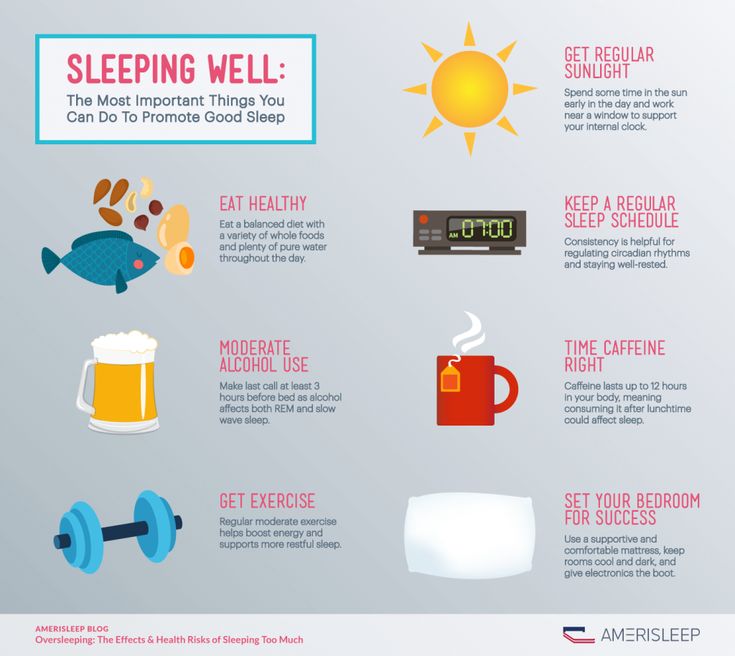 nine0005
nine0005
Sleep comes first
Sleep can seem like a waste of time, especially when there are so many things to do. But being rested and alert are the benefits that make sleep so important!
Giving priority to sleep means reducing daytime fatigue, removing nervous strain, and improving mood. Healthy and full sleep will give you energy for the whole day and will allow you to be more productive, as well as reduce the risk of various diseases. nine0005
Reducing fatigue and improving overall health will come naturally with the adoption of useful and healthy habits.
If you're getting enough sleep but still feeling tired for no apparent reason, it's a good idea to see a doctor, as this could signal serious health problems.
Komsomolskaya Pravda
0005
Anna GERASIMENKO
December 5, 2014 6:00
What will help us wake up and be active during the day
Photo: GLOBAL LOOK PRESS
It is still dark at 8 am.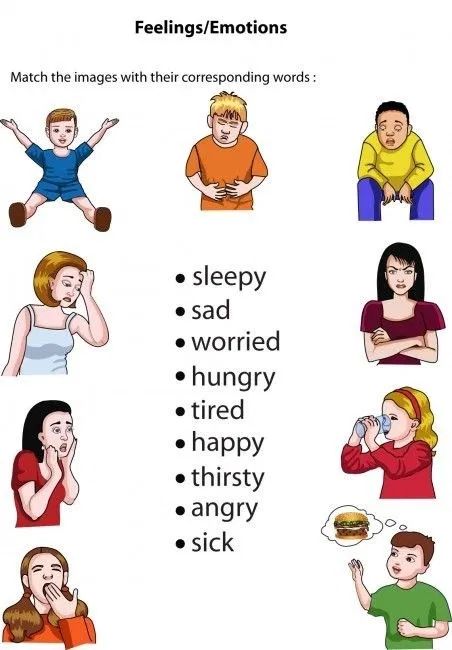 Every morning you think, probably, the alarm clock is broken - in the middle of the night it rings. Getting used to the dark winter rise is difficult, because our body “wakes up” from the light, from the sun. In addition, we sleep little, do not get enough sleep, we want to do everything in the world, but there is not enough time for rest. How to wake yourself up if you feel tired and sleepy during the day? nine0005
Every morning you think, probably, the alarm clock is broken - in the middle of the night it rings. Getting used to the dark winter rise is difficult, because our body “wakes up” from the light, from the sun. In addition, we sleep little, do not get enough sleep, we want to do everything in the world, but there is not enough time for rest. How to wake yourself up if you feel tired and sleepy during the day? nine0005
1. The magic of daylight
Natural lighting is a great help to the body that cannot wake up. After all, in daylight, melatonin, the hormone that causes sleep, ceases to be produced. Natural light wakes up and improves mood. So open the curtains, go out during the day from the office, from the house to the street - just walk in the daylight. If the sun is shining, catch every ray. In winter, we are especially deficient in vitamin D, and only sunlight in contact with our skin can help produce it. nine0005
2. More water
When we lack fluids, we become dehydrated, which makes us feel tired and lose energy.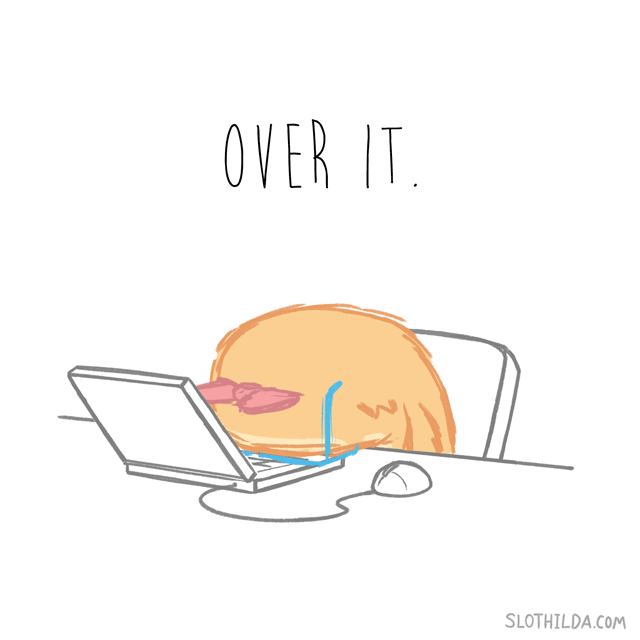 So if you fall asleep on the go, drink more water. But not coffee and sweet sodas, namely simple drinking cool water.
So if you fall asleep on the go, drink more water. But not coffee and sweet sodas, namely simple drinking cool water.
3. Proper food
Food can also put us to sleep and wake us up. To wake up, do not skip breakfast. And for lunch, do not eat fatty foods. Eat often and in small portions, the best option is foods rich in proteins. But it is better to avoid energy drinks and caffeine, they will not only not help, but can only harm, accelerating the work of a sleepy heart. nine0005
4. Movement is life
If you sit in one position, you will want to sleep even more. Walk. Get moving. If possible, do exercises, stretch all parts of the body - twist your neck, do side bends, squats, straighten your shoulders. If there is nowhere to do exercises, go for water or walk up the stairs to colleagues on other floors.
5. Inhale-exhale
Breathing in the stomach will help you wake up and cheer up. Inhale and exhale through the nose, "inflating" the air, and then "deflate" the stomach.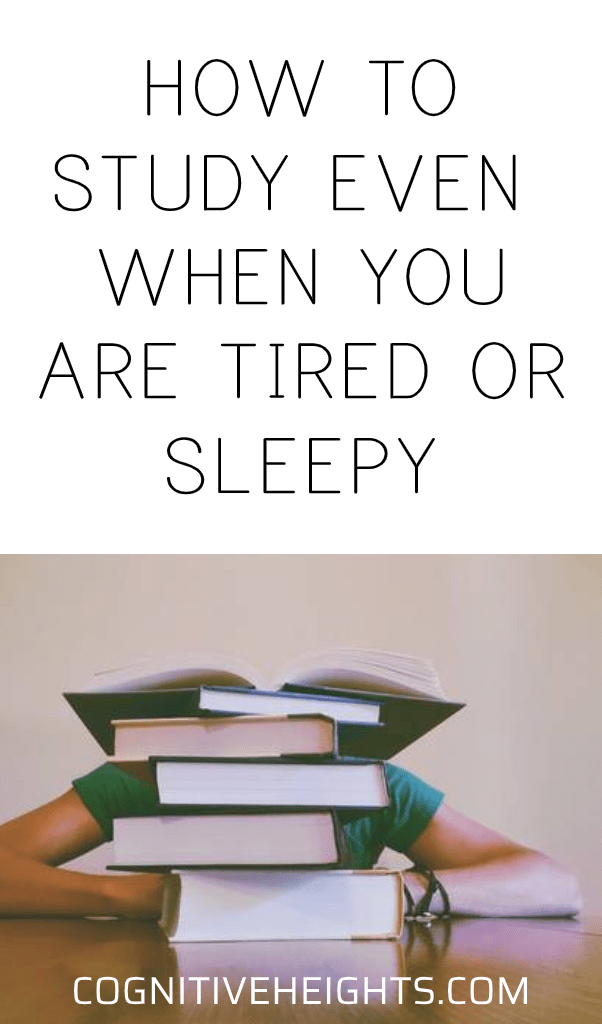 Gradually speed up the inhalations, exhalations and movements of the stomach. nine0005
Gradually speed up the inhalations, exhalations and movements of the stomach. nine0005
6. Music
Do not listen to calm relaxing music - you will fall asleep completely. You will be shaken by a rhythmic melody, to which you want to dance, and your foot stomps to the beat. Turn up the volume - Latin rhythms, pop music - what is usually played in discos and fitness classes.
7. Breaks
Find an excuse to take a break every 30 minutes. Clean up the desk, go to other rooms (if you are in the office). Get up and stretch your legs and arms. This will help the blood circulation to "keep up", the blood will run faster, and the body will become active. nine0005
8. Fresh air
The sleepy brain needs oxygen to be active. If you can, take a walk or just open the window and take a deep breath. If you fall asleep in the car, put on a hat and open the window for a while.
9. Wash your face
Take a shower in the morning.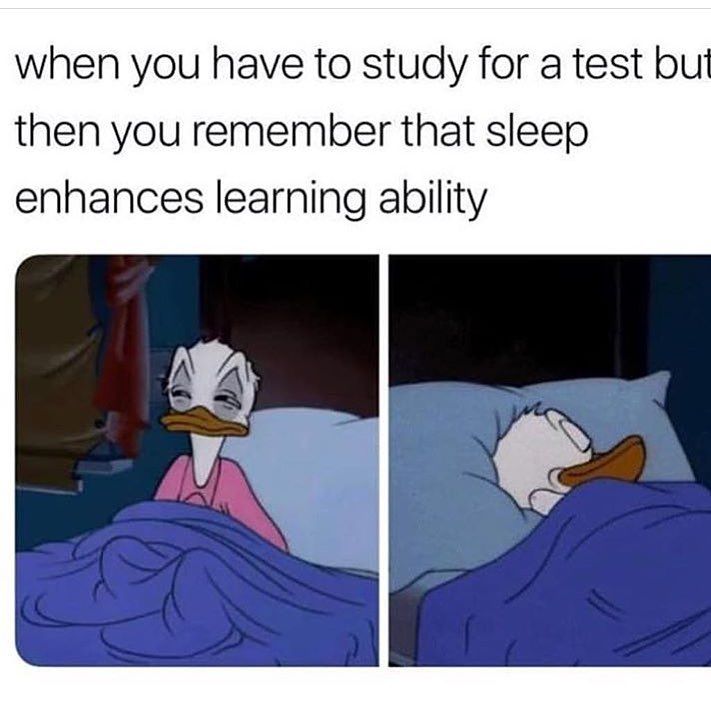 If you can stand under contrast, you are a hero. If not, then pour cold water over at least your legs and arms. Wow! And wake up immediately. During the day, you can simply wash your face with cold water several times - this will wake you up and improve your complexion. nine0005
If you can stand under contrast, you are a hero. If not, then pour cold water over at least your legs and arms. Wow! And wake up immediately. During the day, you can simply wash your face with cold water several times - this will wake you up and improve your complexion. nine0005
10. Stirlitz's dream
Sometimes you want to sleep so much that you can't fight yourself. Well, don't fight. Find an opportunity and close your eyes - at least for 10-15 minutes. Such a short break will give you a lot of energy!
Age category of the site 18+
The online publication (website) is registered by Roskomnadzor, certificate El No. FS77-80505 dated March 15, 2021.
EDITOR-IN-CHIEF OF THE SITE - KANSK VICTOR FYODOROVICH. nine0005
THE AUTHOR OF THE MODERN VERSION OF THE PUBLICATION IS SUNGORKIN VLADIMIR NIKOLAEVICH.
Messages and comments from site readers are posted without preliminary editing. The editors reserve the right to remove them from the site or edit them if the specified messages and comments are an abuse of freedom mass media or violation of other requirements of the law.